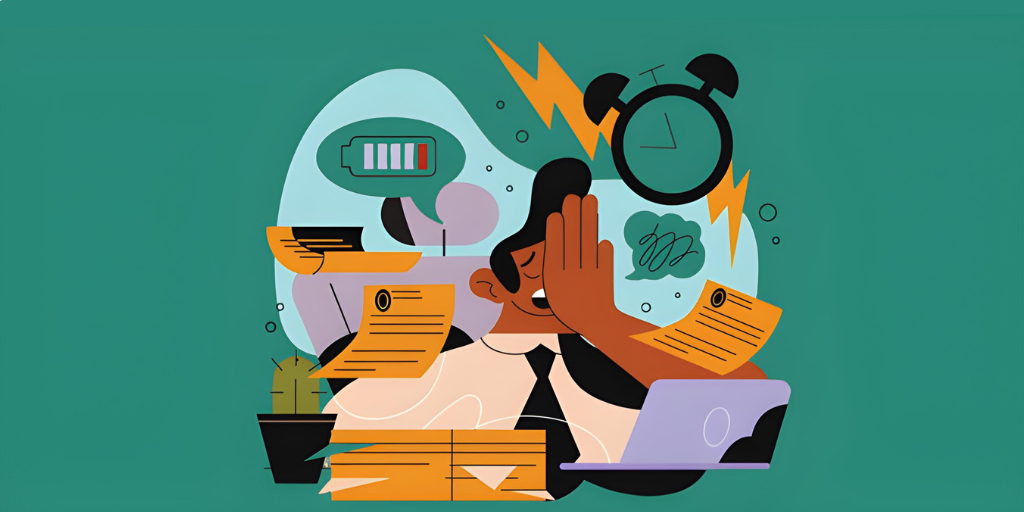By- Surabhi
Today’s age is the age of social media. No one, from young children of 5 years to adults of over 60 years of age is safe from this trap. The quest for validation from as many people as possible has become synonymous with the pursuit of likes. With each double tap on our pictures on these social platforms we feel a fleeting sense of affirmation, there is a momentary boost provided to our self-esteem. But behind the curtains of the façade of digital popularity, lies a deeper truth: the more we keep chasing the likes, the further we keep drifting away from the genuine human connection.
Social media were introduced to us as a platform for social interaction which can be used to stay connected digitally but today, they have become virtual battlegrounds, where the users compete for the likes and comments in a never-ending race for validation. We very meticulously create our online profiles, filtering out the mundane moments of life and showering with a polished façade. In this relentless pursuit of perfection, it is often seen that people lose sight of their own authentic selves, trading their genuine human connection for the fleeting high of digital appreciation.
But what is the cost one has to provide for the addiction of likes?
As we keep immersing ourselves in this digital abyss, we keep increasing the distance between the world and ourselves. We spend hours and hours scrolling through the feeds, seeking validation from strangers while neglecting the relationships that truly matter. We keep checking our phone each second to see that one new like or comment while ignoring the person sitting right in front of us. Our obsession with likes eventually leaves us feeling empty and unfulfilled; trapped in a cycle of craving and disappointment. The study was conducted by University of Pennsylvania in 2018 ( University of Pennsylvania. (2018, November 8). Social media use increases depression and loneliness, study finds.) found that limiting social media use to 30 minutes per day led to a significant reduction in loneliness and depression over a course of three weeks compared to a control group that maintained their typical usage. This shows the casual relationship between social media and feelings of loneliness and depression
Moreover, the unrealistic beauty standards perpetuated by social media for all genders only exacerbate our feelings of inadequacy. We are bombarded with images of unattainable perfection, leading to a pervasive sense of body dissatisfaction and stooping self-esteem. We keep comparing ourselves to the airbrushed images and carefully curated lifestyle, measuring our worth in likes and followers. This is supported by the study done by Vogel et al. in 2014 (Vogel, E. A., Rose, J. P., Roberts, L. R., & Eckles, K. (2014). Social comparison, social media, and self-esteem. Psychology of Popular Media Culture, 3(4), 206–222) which suggested that even the passive use of social media that would include just scrolling through feeds without interacting is also associated with negative social comparison, which can lower one’s self esteem and increase the feeling of social disconnection and alienation.
Moreover, in this mad race of likes and validation often collides with the darker side of online behavior: trolling. Behind the cloak of anonymity, trolls lurk in cyberspace, unleashing hatred on unsuspecting victims. Their weapon of choice? The comment section, where their toxic rhetoric and mean attacks run rampant. Often it is seen that for a few people social media becomes battleground, where they wage war on anyone who dares to challenge their worldview or question their authority. Often these attacks are without any instigation. They would land themselves on a random person’s profile and if it or the posts they post are not up to the standards of these trolls, the mean comments start. The consequence of trolling can be devastating, leading to cyberbullying, harassment and even psychological trauma for its targets.
But perhaps the most insidious consequence of the growing addiction to social media is the erosion of genuine human connection. We have thousands of followers online showering comments on our filtered pictures, but how many people do we have contact beyond that? Our obsession with likes has left us lonelier than ever, isolated behind the screens and starved for meaningless interaction.
It is high time to break free from the digital abyss and start moving to embrace our humanity. We must resist the allure of likes and reevaluate our priorities. Instead of seeking validation from strangers online on your made-up profile, let’s start investing in nurturing authentic relationships with people who really matter and who love and care for the imperfect you. But first we all must embrace imperfections and celebrate the beauty of our unfiltered selves.
It is a world conquered by liked and followers but if we start to reflect in what truly matters: the genuine human connection we might start finding our way back from this dark abyss. It is time to log off and look up, rediscover the joy of being present in the moment. Only in this way we can fight the grasp of the digital abyss and find fulfilment in the richness of real-life connection.

